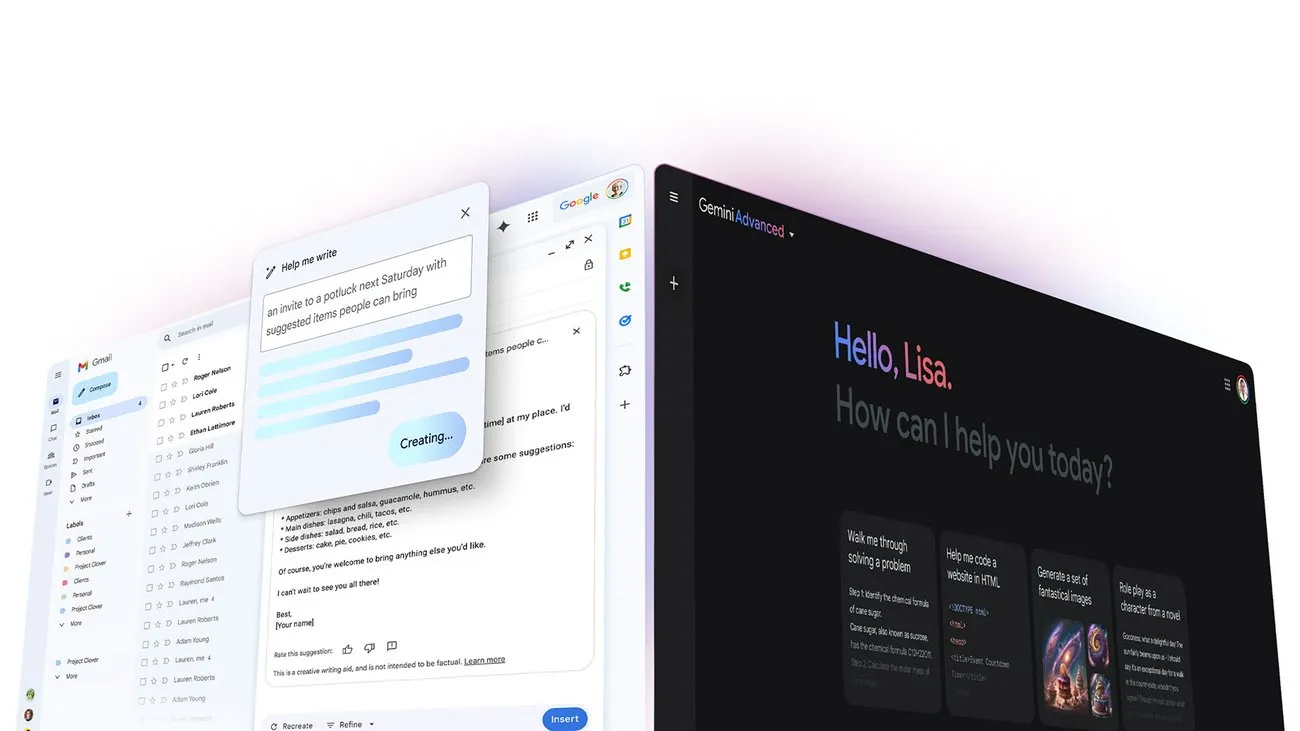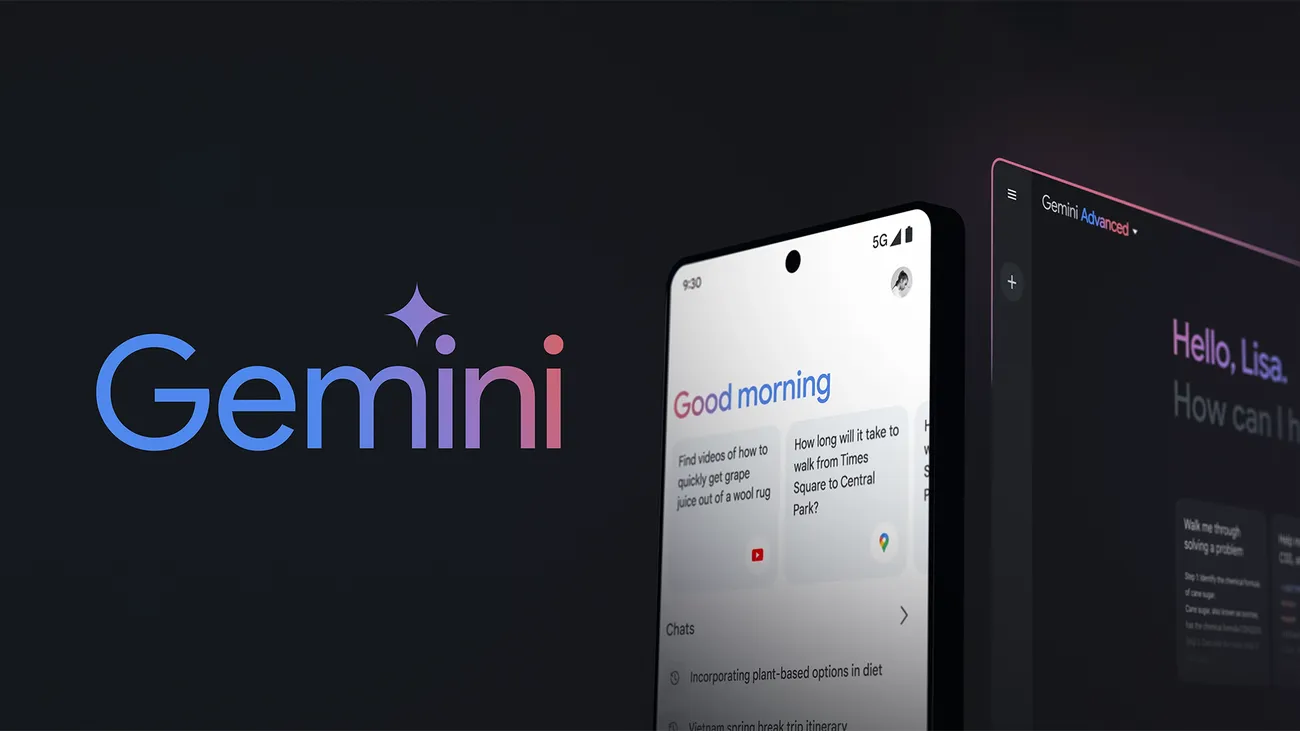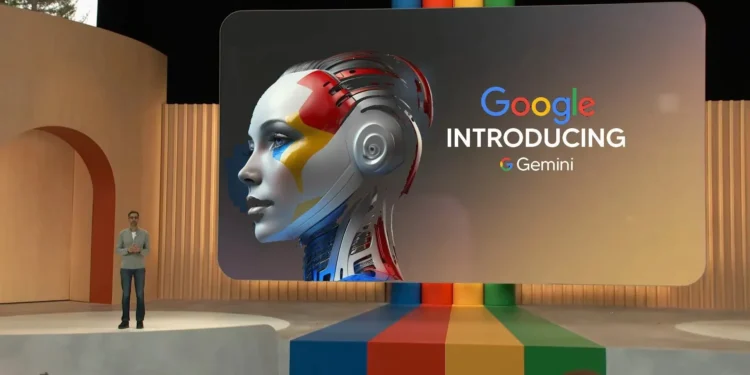In a revelation that has sent ripples through the tech world, Alphabet Inc. (Google’s parent company) has been paying Samsung Electronics a staggering sum every month to have its generative AI app, Gemini, preinstalled on Galaxy devices. This deal, which began in January, has raised eyebrows due to the legal challenges surrounding Google’s practices.

Inside the Deal: What Google and Samsung Agreed Upon
Google’s Vice President of Platforms and Device Partnerships, Peter Fitzgerald, testified under oath during a federal court session in Washington. He confirmed that the contract between Google and Samsung will span at least two years. This arrangement involves fixed monthly payments for each device on which Gemini is preinstalled. But there’s more to the deal than just a flat fee—Samsung will also receive a percentage of the revenue that Google earns from advertisements placed within the Gemini app.
Fitzgerald’s testimony sheds light on the scale of this partnership, which is not only financially lucrative but also strategically vital for both tech giants. With Samsung being one of the leading manufacturers of Android smartphones, the preinstallation of Gemini AI on its devices ensures a large, immediate user base for Google’s cutting-edge AI chatbot.
The Legal Backdrop: Is This a Violation of Antitrust Laws?
While the deal might seem like a typical business arrangement, it has attracted significant legal attention. Google’s practice of paying companies to preinstall its apps on devices has been a subject of scrutiny for years. In fact, the company has already faced legal challenges for similar arrangements in the past, with the courts ruling that such practices violate antitrust laws.

Despite these rulings, Google’s payments to Samsung for Gemini continue. According to sources familiar with the matter, the payments are seen as an effort by Google to solidify its dominance in the AI and mobile space, ensuring that its Gemini chatbot becomes a core feature of the Galaxy lineup. However, the question remains: Will this massive investment lead to another legal battle for Google?
Why the Deal Matters for Both Google and Samsung
For Google, the stakes are high. The company is pushing its generative AI as the next big leap in digital assistants, competing with rivals like OpenAI’s ChatGPT and Apple’s Siri. By embedding Gemini directly into Samsung devices, Google gains access to millions of potential users who may never have otherwise interacted with its AI technology.
For Samsung, the partnership presents a financial windfall and a way to differentiate itself in an increasingly crowded smartphone market. With tech giants like Apple and Google constantly innovating, being the exclusive partner for an app like Gemini adds extra value to Samsung’s Galaxy smartphones, especially the high-end models like the Galaxy S25 Ultra.
The Future of Gemini and Google’s AI Ambitions
As the two-year contract with Samsung continues to unfold, the spotlight is now firmly on Gemini’s performance and its impact on the mobile AI ecosystem. Will users embrace the chatbot as the go-to assistant for all their needs? And will this deal help Google solidify its lead in the AI race?

Both Google and Samsung are playing a long game, betting on the future of generative AI as a centerpiece of their respective business strategies. As the tech world watches closely, the outcome of this partnership could have lasting implications for the industry’s development in the coming years.
What’s at Stake in the Google-Samsung AI Partnership
In conclusion, the agreement between Google and Samsung to preinstall Gemini AI represents a pivotal moment in the ongoing battle for AI supremacy in the mobile space. While the deal is undoubtedly beneficial for both parties, it also comes with significant legal risks that could shake up the industry.
With the ongoing Justice Department antitrust case, the pressure is on for Google to defend its practices. As Gemini’s popularity grows and the financial stakes rise, the tech world will be watching closely to see if this deal will stand up to legal scrutiny or if it will lead to another legal challenge for Google.










